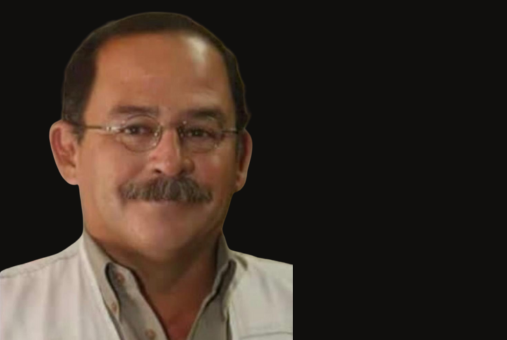
It has been 11 years since Ecuadorian journalist Fausto Valdiviezo was killed. His brother and experts believe that the case has not been solved because of a lack of investigation on the part of authorities because he was a journalist.
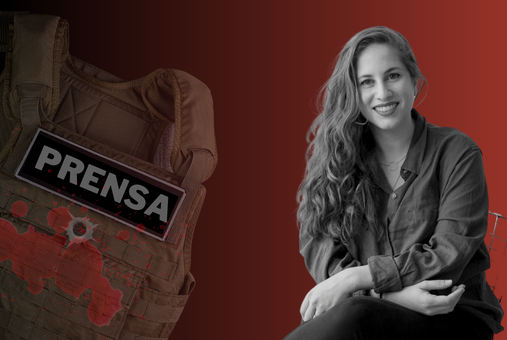
An investigation by Mexican journalist Alejandra Ibarra revealed that it is not the information journalists disseminate that makes them assassination targets, but rather their roles as leaders and their stances on issues. She also argued out that Mexican officials see critical journalism as an affront and not a democratic function.

With the murders this month of Nelson Matus and Luis Martín Sánchez, seven journalists have now been murdered in Mexico so far in 2023, which has sparked condemnation from organizations worldwide. In Guerrero, the second most dangerous Mexican state for journalism, journalists' groups denounce impunity and demand security.
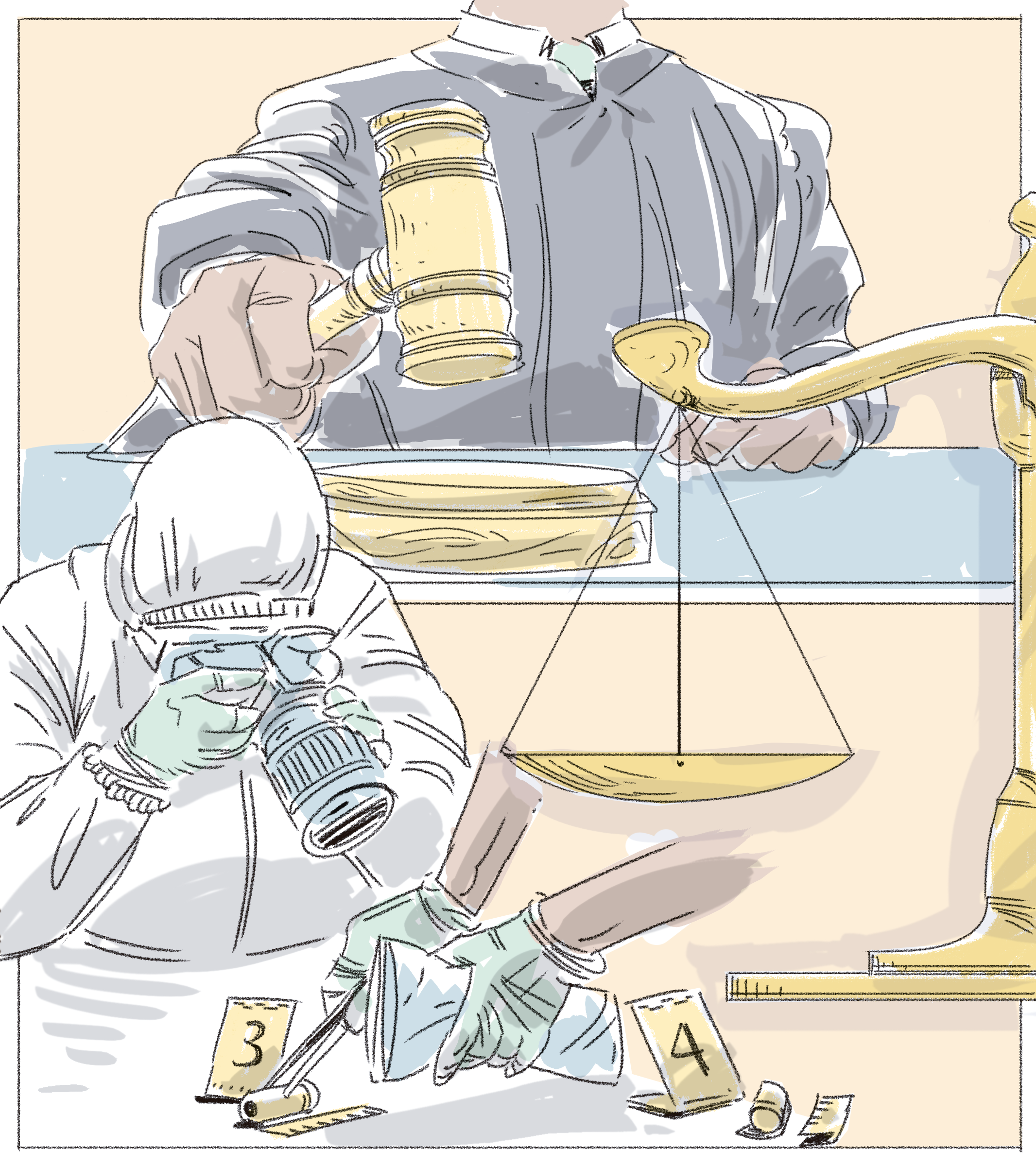
For experts, as long as there is no comprehensive policy focused on prevention, protection and prosecution of crimes against journalists, it will be difficult for the panorama to change. But the support of society is also needed: It needs to understand and defend freedom of the press as a collective right.

Twenty-nine journalists and communicators were murdered in Latin America and the Caribbean in 2022, according to data from the Committee to Protect Journalists (CPJ) counted up to Dec. 21. This represents a 163 percent increase over 2021. Mexico and Haiti lead the ranking of murders of press professionals.
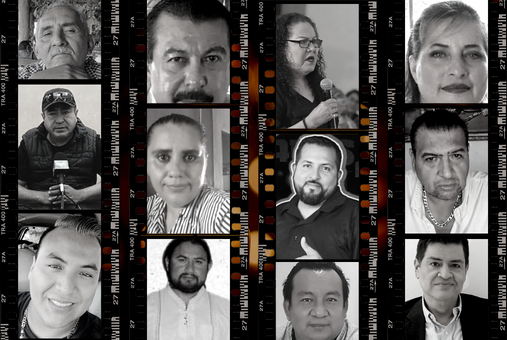
With the murder of Pedro Pablo Kumul on Nov. 21 in Veracruz, at least 17 members of the press have been murdered in Mexico in 2022. Journalists and organizations demand justice and agree that only the correct administration of justice can stop the bloody wave that threatens journalism in that country.
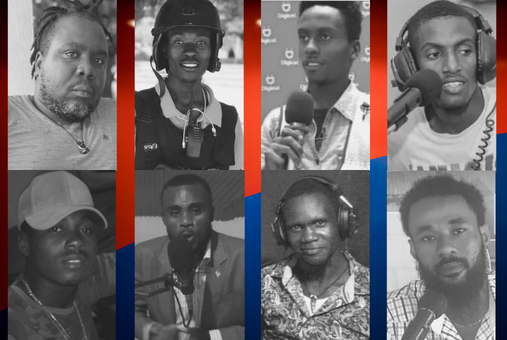
One journalist murdered, another shot at and another arrested and beaten by the police are the latest victims of a wave of violence against the press in Haiti, a country where eight journalists have been killed so far this year. At the same time, the social-political crisis and poverty are slowly suffocating the Haitian media.
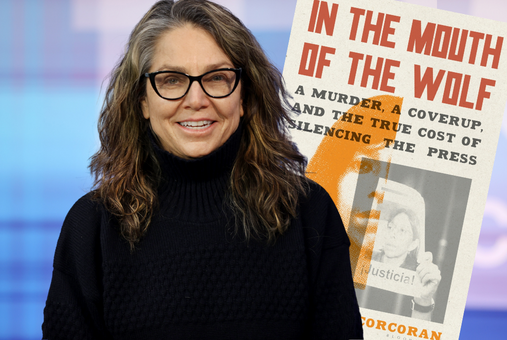
Mexican journalists urgently need to make people understand and value the impact of their work, so it’s society itself demanding safe conditions to practice journalism, Katherine Corcoran — whose book "In the Mouth of the Wolf," about the 2012 murder of Mexican journalist Regina Martinez will be launched in October — told LJR.
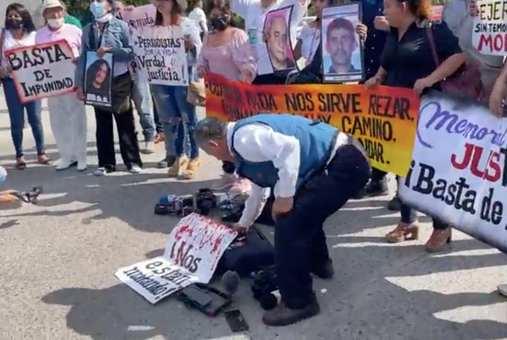
With the death of Fredid Román, 15 journalists have been murdered in Mexico so far in 2022. While organizations such as the UN, CPJ and IAPA condemn the crimes, López Obrador's government denies the climate of violence against the press. The government even appears to be the main source of aggressions, according to a report by Article 19.

What began as a scuffle between rival criminal groups ended in attacks targeting the population that resulted in the deaths of four employees of the MegaRadio radio group. The killings, considered by organizations as a form of social destabilization, caused the radio station to temporarily cease transmissions.
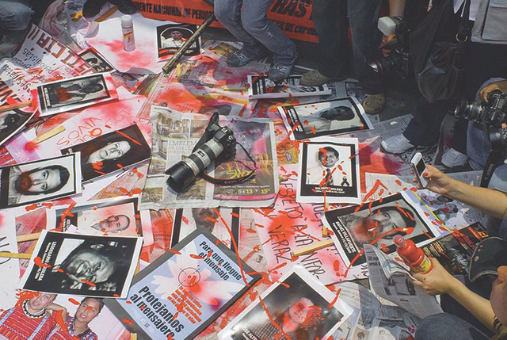
Twenty-two journalists were murdered in Latin American countries between January and June 2022. Data are from the Press Emblem Campaign (PEC). The number is higher than the total number of journalists killed in countries in the region last year: 17. It is also higher than journalists killed in coverage of the war in Ukraine: 16 in the same period.
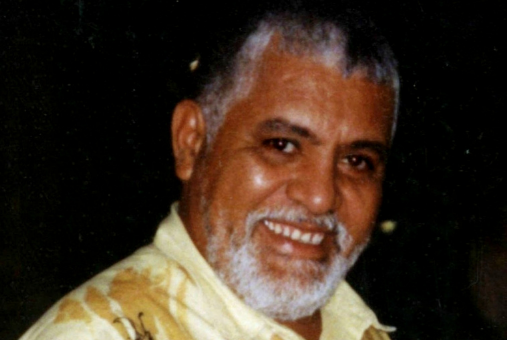
LatAm Journalism Review (LJR) heard from friends, co-workers and family of Brazilian journalist Tim Lopes, murdered on June 2, 2002. The case provoked profound changes in news companies, with the implementation of security measures and the reduction of coverage in at-risk areas. However, Brazilian journalists feel as vulnerable now, if not more so, than they did 20 years ago.